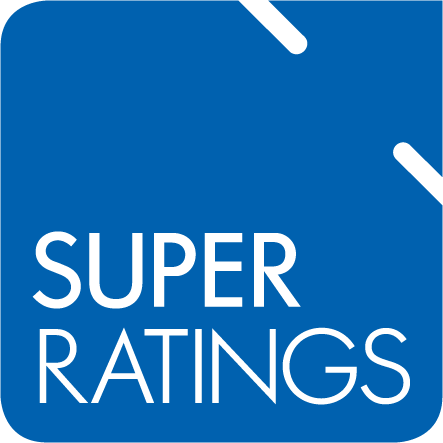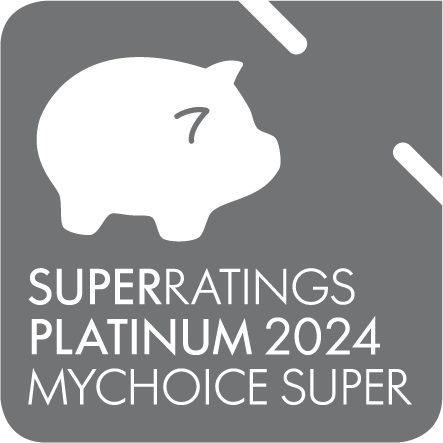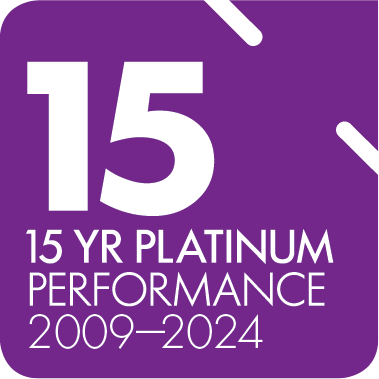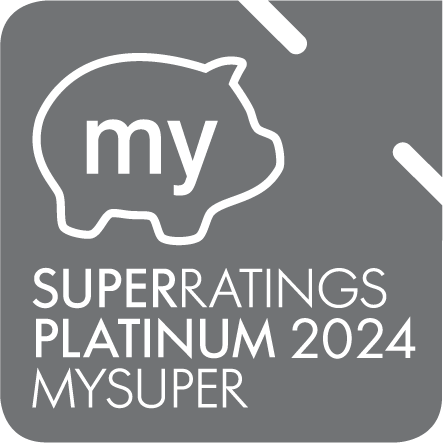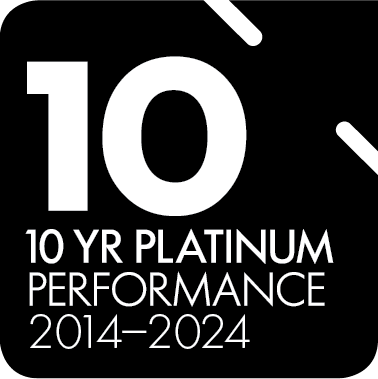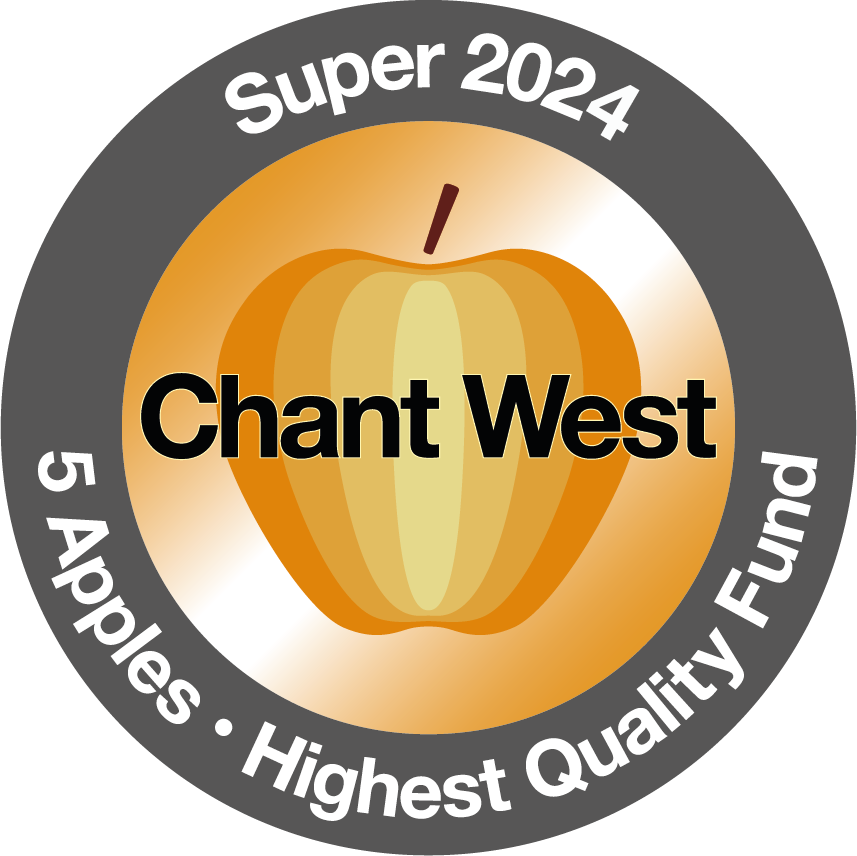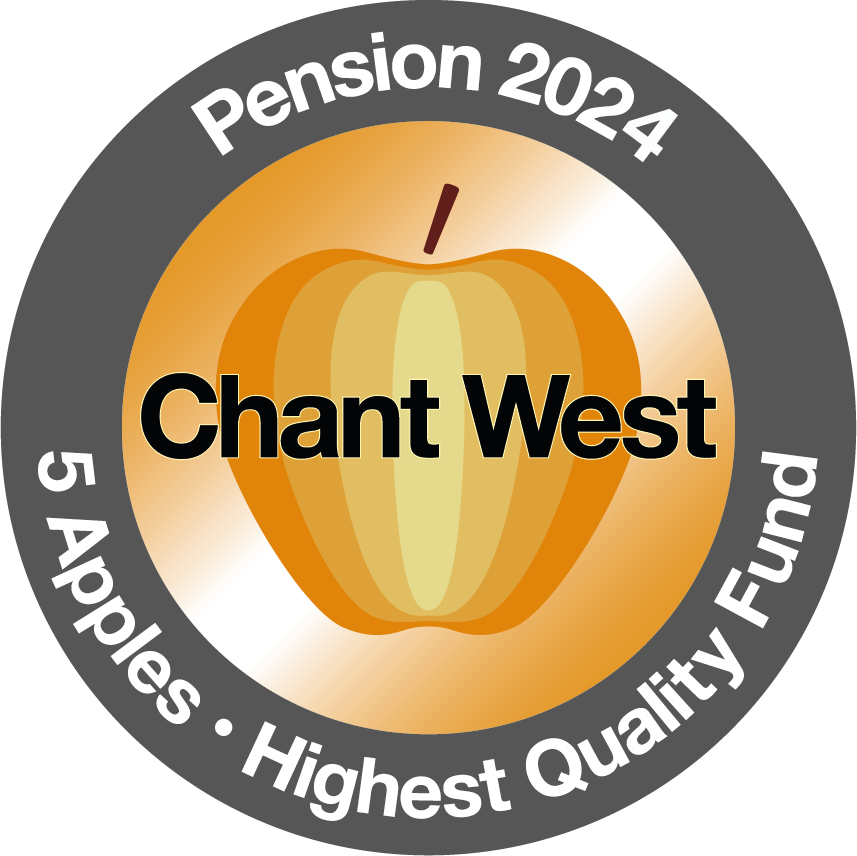You choose how often, and how much
With a Catholic Super Retirement Income or Transition to Retirement Income account, you get to choose how much your regular income payment is, and how often you want to receive it.
How often – you can choose to have your income paid to you on a fortnightly, monthly, quarterly, half-yearly, or just once a year. We’ll make payments directly into your bank account based on the payment frequency you've chosen.
How much – you can also choose the amount you'd like to receive. Just note that minimum and maximum payment amounts apply (these are shown below).
If you have a Retirement Income account, you can also make an additional lump sum withdrawal at any time in addition to your regular income payments. (Note that you generally can’t make lump sum withdrawals from a Transition to Retirement Income account).
Changing income payments
You can change your income payment amount or frequency online at any time. Log in to get started.

